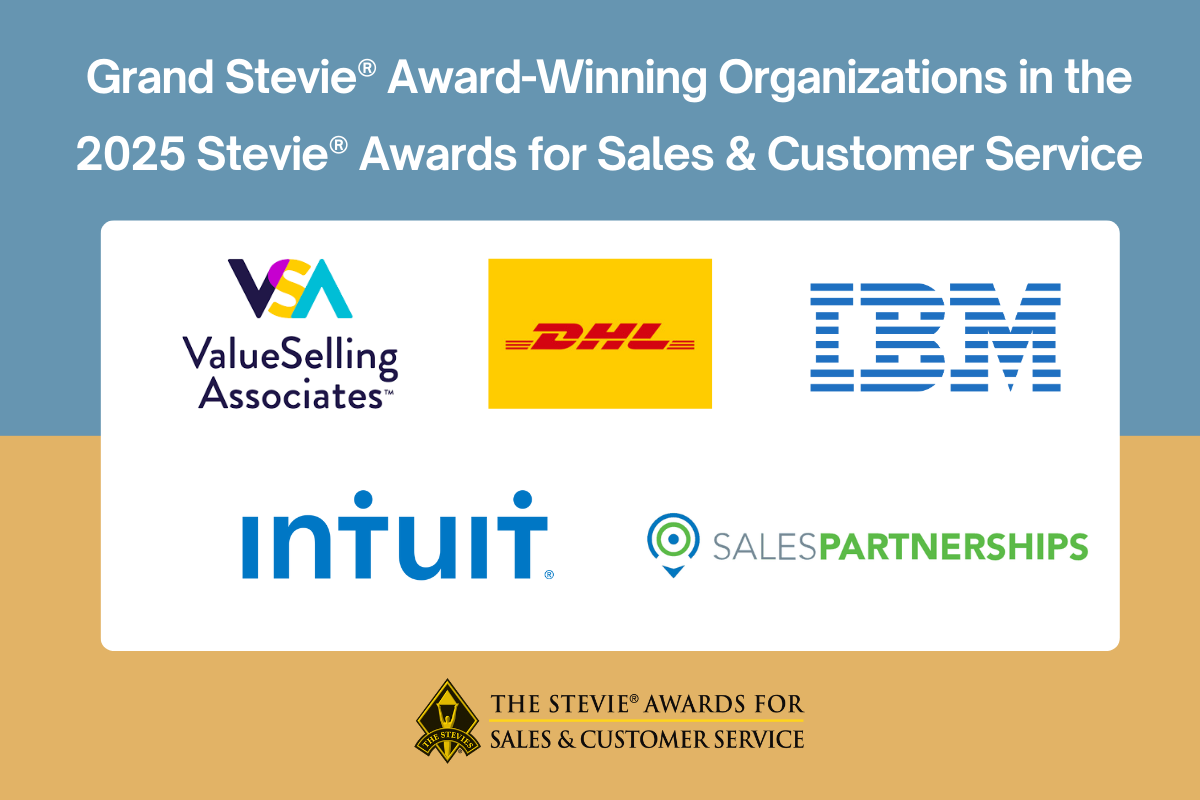Companies that consistently rank high on the lists of best places to work often have great work cultures, deep-rooted values, and fantastic employee benefits. They go above and beyond state and federally-mandated benefits and offer their employees generous retirement plans, flexible work hours, tuition reimbursements, ample parental leave, and many other tangible and intangible perks. These companies attract and retain the best talent because they truly care for their employees’ well-being.
What Do Employees Really Want?
While the long list of benefits top companies provide are great, they might not be feasible for most smaller businesses. In these scenarios, companies should identify the “good-to-have” benefits and then investigate what their employees really need and what issues weigh heaviest on their minds.
According to the PwC Employee Financial Wellness Survey, 2019, financial matters cause employees the most stress—more than all other life stressors (health concerns, relationships, job issues, and more) combined. A staggering 30 percent lie awake at night worrying about money, and 23 percent are less productive at work because of financial worries, according to a US employee benefit trends study.
Also, even though the numbers have improved slightly since last year, almost 40 percent of US households still don’t have enough savings to cover an unexpected $400 expense (Report on the Economic Well-Being of US Households).
Investing in employees’ financial health, therefore, is one of the best ways companies can show they care.
Offer Innovative and Affordable Financial Benefits
With the amount of financial stress they are under, one would think employees would opt for pay raises over perks. Surprisingly, though, almost 80 percent of employees chose perks over pay raises in an employee confidence survey by Glassdoor.
Employer-matching 401K, health insurance, financial planning, and student loan repayment are all excellent financial benefits, but corporations (or even small businesses) can also implement several innovative and unique financial benefits alongside these more traditional options.
One good example is Gusto, a human resources management platform based in San Francisco, California, United States, which allows employees to access the money they’ve already earned for emergencies, without having to wait until payday.
 Another example of an innovative yet affordable financial benefit is Stevie-winner Cookie Jar by SafetyNet, a financial services company based in Madison, Wisconsin, United States. Cookie Jar combines the simplicity of kitchen-table finances with the sophistication of an employer-matched benefits program by rounding employees’ checking account transactions and credit card purchases to the nearest dollar and then saving the spare change in special accounts. These savings can be automatically matched by the employer, and they can be accessed by the employee whenever an emergency arises.
Another example of an innovative yet affordable financial benefit is Stevie-winner Cookie Jar by SafetyNet, a financial services company based in Madison, Wisconsin, United States. Cookie Jar combines the simplicity of kitchen-table finances with the sophistication of an employer-matched benefits program by rounding employees’ checking account transactions and credit card purchases to the nearest dollar and then saving the spare change in special accounts. These savings can be automatically matched by the employer, and they can be accessed by the employee whenever an emergency arises.
“Cookie Jar is designed for average workers who need to save but don’t feel they have the financial flexibility to do so,” says Vreni Pigorsch, senior media strategist at Cookie Jar. “A salary and a retirement plan are no longer enough to sustain employees, and employers are taking note. Instead, pet insurances; liquid savings programs, such as Cookie Jar; and other accessible financial tools are being incorporated into employee benefit plans. Employees become happier and more focused at work, and employers are able to attract and to retain great talent by setting their benefit structure apart from their competition.”
Cookie Jar won a Silver Stevie® Award in Product Management & New Product Awards in the Financial Services category at the 2019 American Business Awards.
Interested in winning a Stevie Award in 2020?













